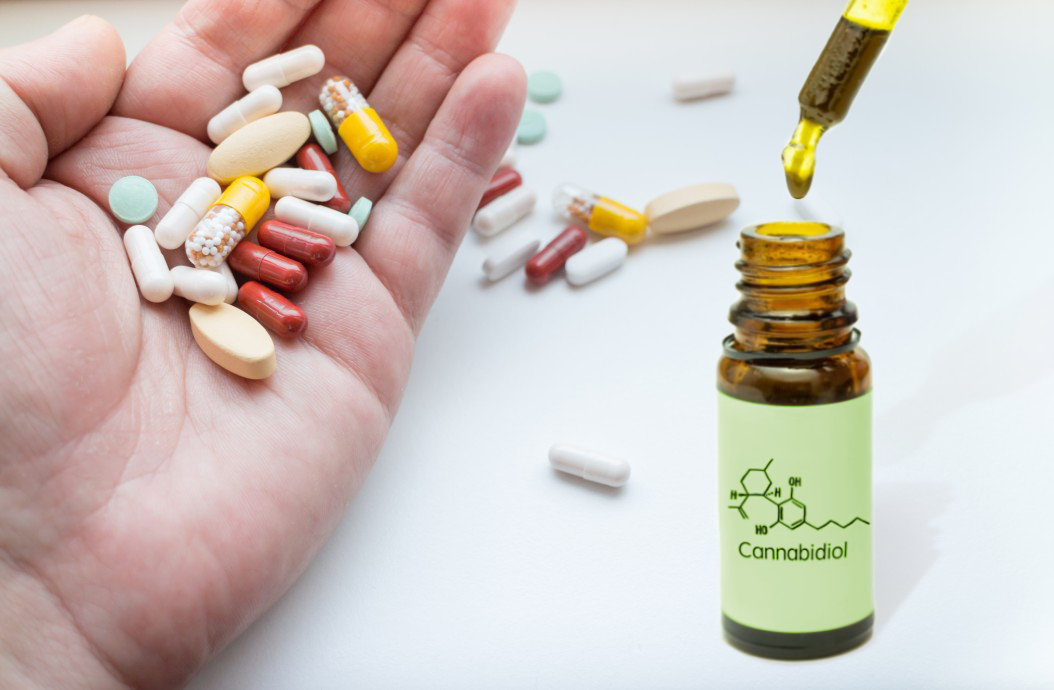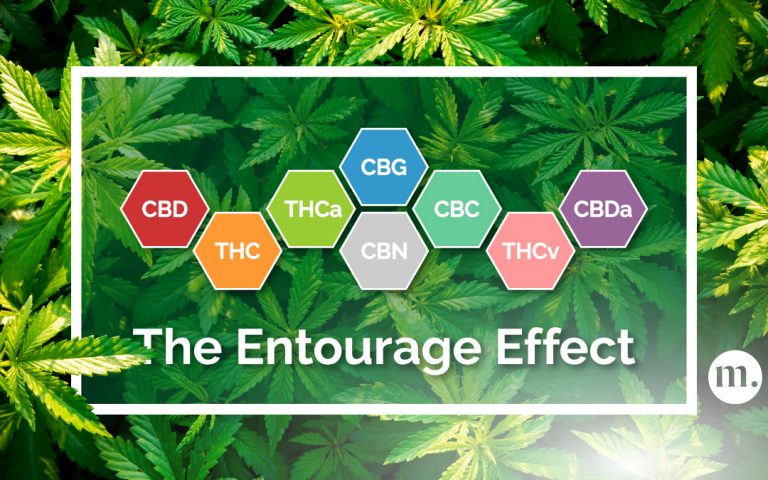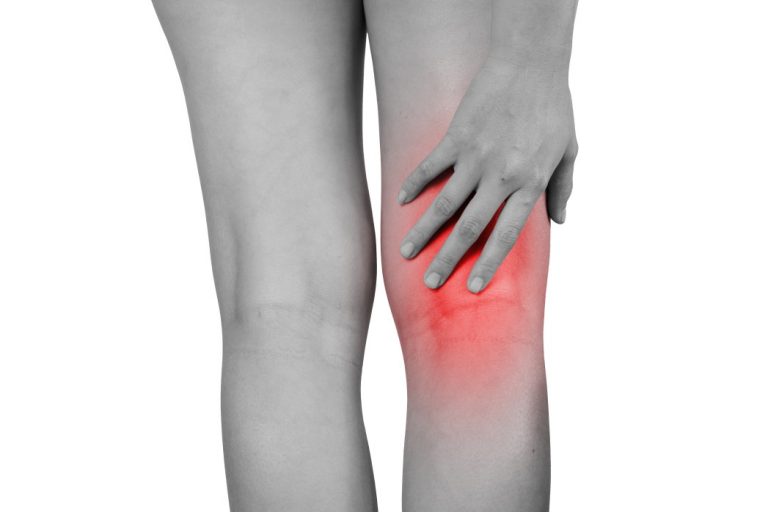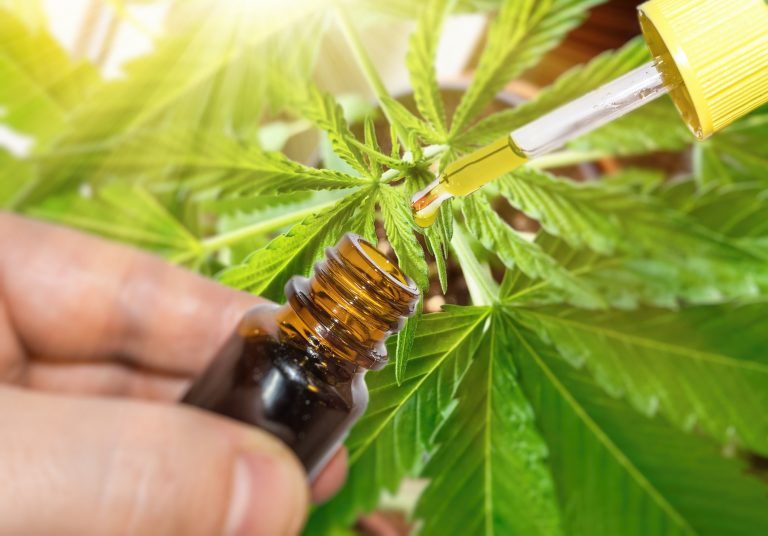CBD AND MEDICATION
The older generation is the fastest growing group of CBD users. Many elderly experience that CBD has a positive effect on many of the same ailments for which they are medicated, but without the adverse side effects. As a health professional, I am constantly asked if CBD can be dangerous to use together with all the medications. The answer is no, but we should be aware of certain cross-reactions.
Cross-reactions are of particular concern among the elderly who do commonly take up to 10-15 different prescription drugs. There is little research on the harmful effects of mixing different medications for the treatment of disorders such as pain, anxiety, sleep problems, high blood pressure, diabetes, high cholesterol and more. Most drugs are broken down by the same family of enzymes, called Cytochrome P450 (CYP).
Since the CYP-enzymes also break down CBD in the liver, high doses of CBD (several hundred milligrams) can be problematic together with a certain type of medication. This applies in particular to the pharmaceutical CBD isolate, in which:
1. the blood concentration of the medication increase, with the result of greater effect but also greater side effects.
or
2. the blood concentration of the medication is reduced, with the result of less effect, but also less side effects. This applies to drugs that are not active in their original form, but which are chemically converted by the CYP-enzymes in the liver to their active form.
If you are not sure, consult with your medical doctor.
If the dosage of CBD oil is low, it will most likely have no noticeable effect on CYP activity. A 2013 clinical study using Sativex (pharmaceutical CBD isolate) found no interactions with CYP enzymes when 40 mg of daily CBD was administered. The body is extremely adaptable, and the liver can produce more of the enzymes to maintain balance at such small dosages. A good rule of thumb is to separate the intake of CBD and medications at different times of the day.
There is still a lot to learn about CBD. Studies show that CBD can have immune-regulating, anti-inflammatory, sedative, anti-epileptic, neuroprotective and analgesic effects. This is very interesting in a world that is in desperate need for alternative treatments options for these conditions.
CBD is extremely safe. No deaths have ever been recorded. In an epilepsy study, they used doses of several hundred mg CBD per day, without observing any significant side effects.
Any mild side effects such as drowsiness, dry mouth, delayed bowel movement disappear as soon as you stop taking CBD. This is in stark contrast to alcohol, opioids (morphine, codeine) and psychiatric medications that can cause long-term side effects withdrawal symptoms. In fact, studies suggest that CBD may reduce dose, withdrawal, and opioid dependence.
CBD has only upsides, and if you can eventually reduce or stop the medication, it would normally be better for your health in the long run.
Life-saving medication is of course the exception, and you should not stop taking any medication without first having it clarified with your doctor.
References:








